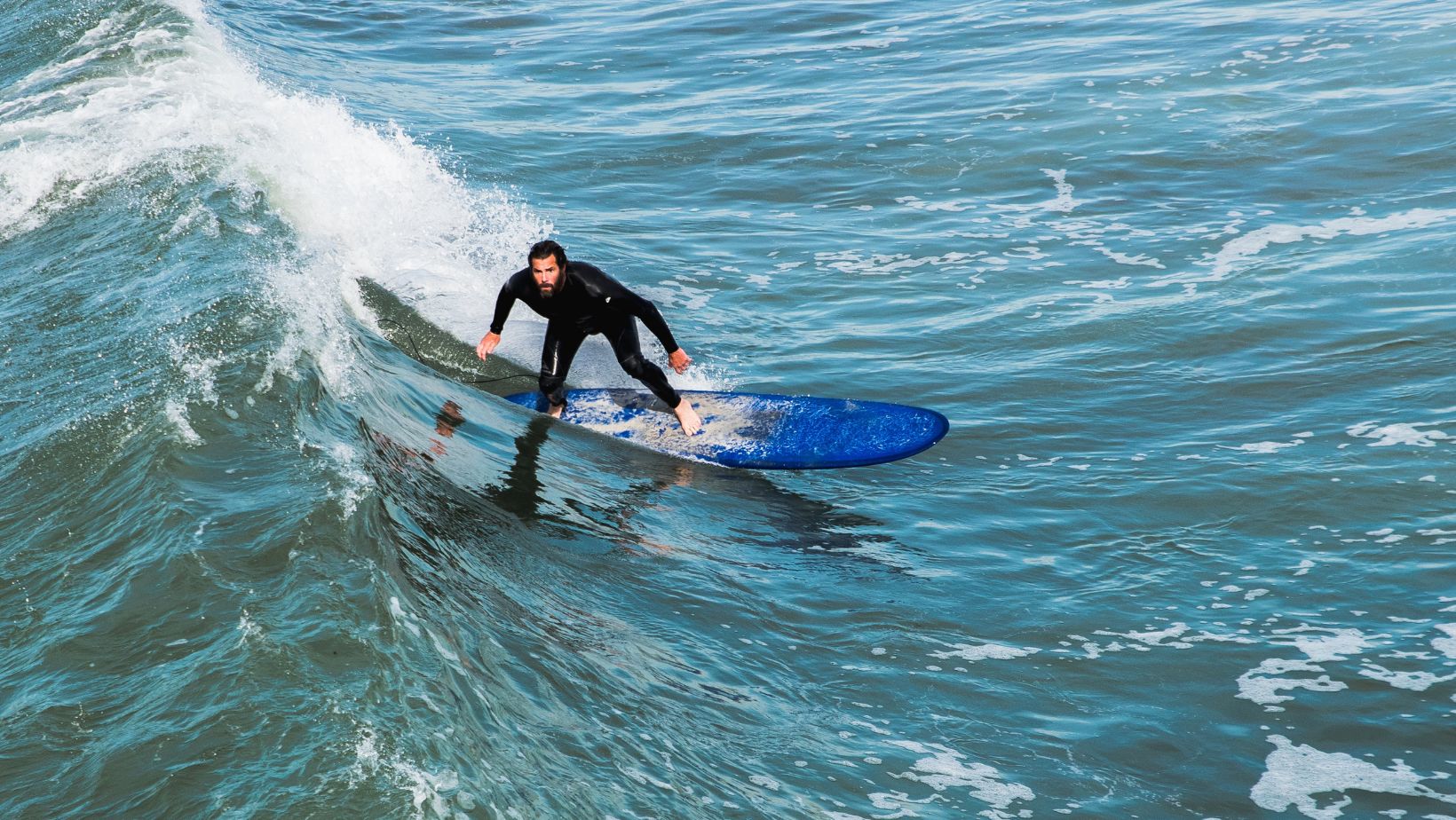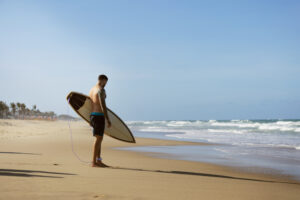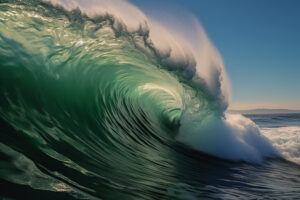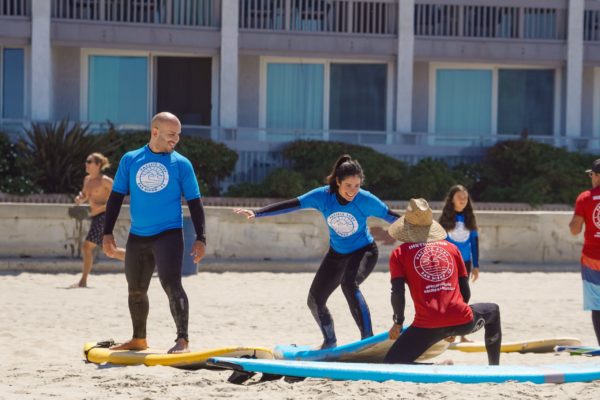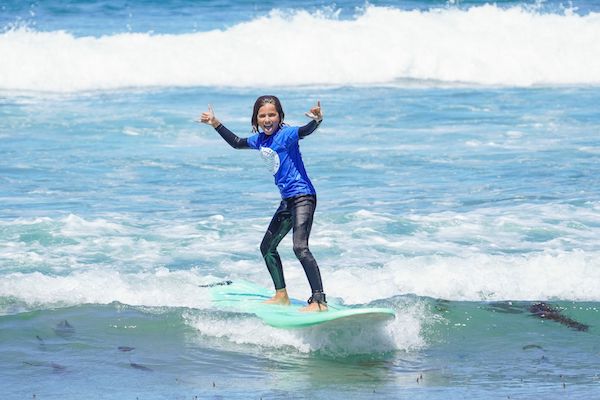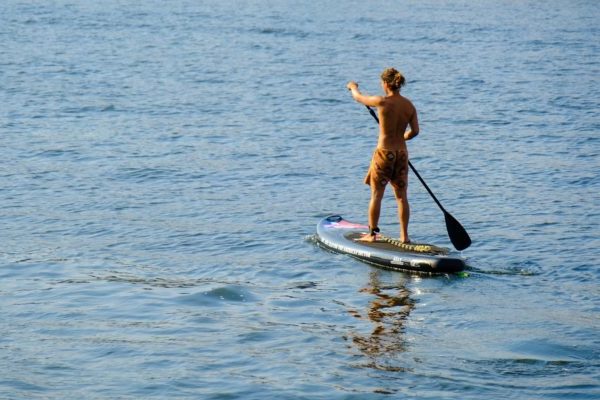When it comes to surfing, one cannot emphasize enough the importance of physical fitness and endurance in determining your overall performance. As a surfer, achieving and maintaining a high level of physical fitness not only improves your ability to catch and ride waves but also enhances your overall experience in the water. A crucial aspect of this fitness equation is maintaining a proper diet specifically tailored for surfers. This becomes even more important for those who are passionate about the sport and are taking surf lessons to hone their skills and techniques.
In this article, we will delve deeper into the surfer’s diet, exploring the essential components to fuel your body for optimum performance both in and out of the water. We will also provide essential nutrition tips that cater to the unique needs of surfers, ensuring that you are well-equipped to stay energized, fit, and ready to tackle those waves with confidence.
The surfer’s diet is not just about what you eat, but also when and how much. Surfing requires a delicate balance of energy, focus, and strength, and thus it is crucial to understand the nuances of nutrition timing for peak performance. For instance, you should aim to consume a balanced meal 2-3 hours before your surf session to provide your body with the necessary fuel. Additionally, it’s essential to listen to your body’s hunger signals and adjust your intake accordingly to ensure you’re meeting your energy needs.
Surfing also requires explosive bursts of energy followed by periods of rest, making it a high-intensity interval training (HIIT) sport. As a result, surfers need to pay special attention to their macronutrient intake to ensure they’re providing their bodies with the right balance of energy and nutrients. This balance of carbohydrates, proteins, and fats is vital in maintaining optimal energy levels and supporting muscle recovery and growth.
Another aspect of the surfer’s diet is recognizing the impact of hydration on performance and energy levels. Proper hydration is essential for maintaining focus, preventing muscle cramps, and regulating body temperature during surf sessions. Surfers should aim to hydrate consistently throughout the day, focusing on water, electrolyte-rich drinks, and foods with high water content to replace lost fluids and electrolytes.
Lastly, it’s important for surfers to maintain a healthy relationship with food and view it as a source of fuel and pleasure rather than a source of guilt or restriction. By adopting a balanced, holistic approach to your diet, you’ll be better equipped to navigate the inevitable ups and downs of your surfing journey and enjoy the incredible benefits of this amazing sport.
With these nutrition tips in mind, you’ll be well on your way to mastering the surfer’s diet, staying energized and fit in the water, and making the most of your surf lessons. So gear up, fuel up, and prepare to ride those waves like a pro!
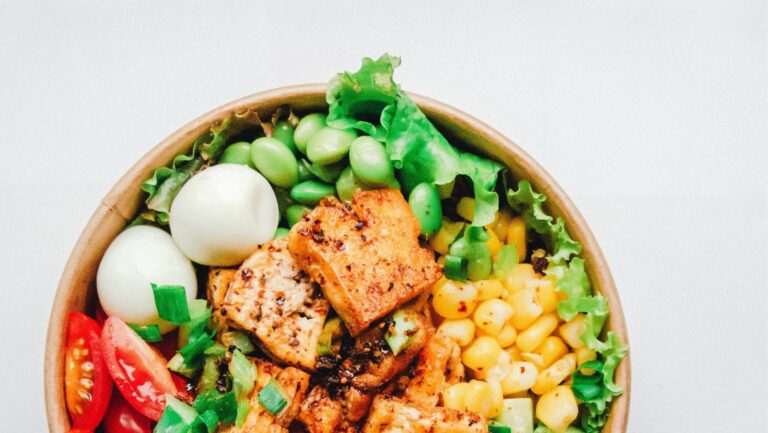
Importance of Nutrition for Surfers
Surfing is a physically demanding sport that requires a lot of energy, strength, and stamina. A proper diet helps fuel your body, allowing you to perform at your best and recover faster between sessions. Eating the right foods can also help prevent injuries, reduce muscle soreness, and improve your overall health. Whether you’re a seasoned surfer or just starting with surf lessons, following a healthy diet is essential to make the most out of your time in the water.
The Surfer's Diet:
Foods to Focus On
Proteins
Protein is an essential nutrient for muscle growth and repair, making it a top priority for surfers. Aim to include high-quality protein sources in your diet, such as lean meats, fish, poultry, eggs, tofu, and legumes. Consuming protein-rich foods after a surf session helps repair damaged muscle tissue and promote recovery.
Carbohydrates
Carbohydrates are the body’s primary source of energy, making them an essential component of the surfer’s diet. Focus on consuming complex carbohydrates, such as whole grains, fruits, and vegetables, which provide long-lasting energy and help maintain your blood sugar levels. Avoid simple carbohydrates found in processed foods and sugary snacks, as they can lead to energy crashes and weight gain.
Healthy Fats
Contrary to popular belief, not all fats are bad for you. Healthy fats, such as those found in nuts, seeds, avocado, and fatty fish, are essential for maintaining energy levels and supporting brain function. Incorporate these foods into your diet to fuel your body and keep your mind sharp during surf sessions.
Vitamins and Minerals
Surfing exposes you to the sun for extended periods, making it essential to consume foods rich in vitamins and minerals that protect your skin and boost your immune system. Vitamins A, C, and E, along with minerals like zinc and selenium, provide antioxidant protection against the harmful effects of the sun. Foods such as leafy greens, citrus fruits, red and orange vegetables, and nuts are excellent sources of these nutrients.
Hydration
Staying hydrated is crucial for surfers, as dehydration can severely impair your performance and increase the risk of injury. Drink plenty of water before, during, and after your surf sessions, and consider adding electrolyte-rich foods such as coconut water, bananas, and salty snacks to prevent muscle cramps and maintain proper fluid balance.
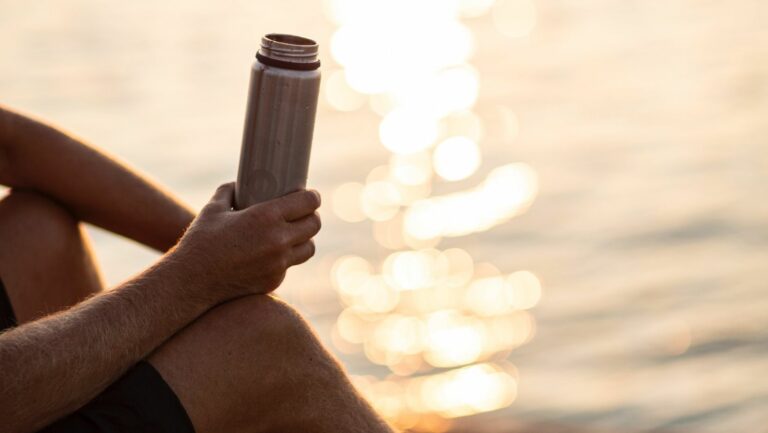
Sample Surfer's Diet
Here’s a sample day of eating for a surfer to help you get started:
- Breakfast: Whole grain toast with avocado and a side of mixed berries
- Mid-Morning Snack: Handful of nuts and an apple
- Lunch: Grilled chicken salad with plenty of leafy greens and colorful vegetables
- Afternoon Snack: Greek yogurt with a drizzle of honey and sliced almonds
- Dinner: Baked salmon with quinoa and steamed broccoli
- Evening Snack: Fresh fruit smoothie with a scoop of protein powder
Conclusion
A healthy, balanced diet plays a crucial role in the success and well-being of surfers at all levels. Whether you’re catching waves regularly or just starting with surf lessons, incorporating the right foods and proper hydration into your routine can significantly enhance your performance and overall health.
At Mission Beach Surfing School, we believe that a well-rounded approach to surfing includes not only surf lessons but also proper nutrition and fitness. We invite you to join us for top-notch surf lessons and become part of our vibrant surfing community, where you can learn, grow, and enjoy the incredible sport of surfing. Surf’s up!

